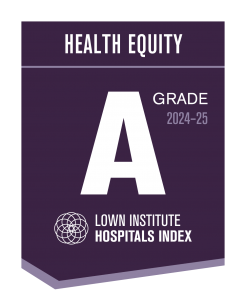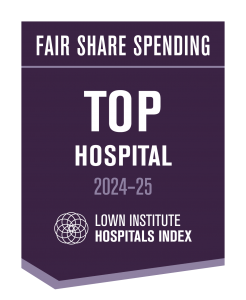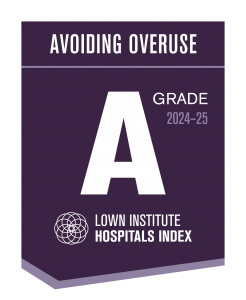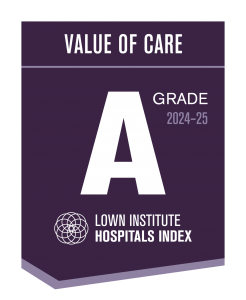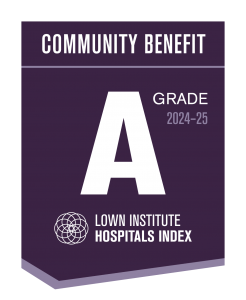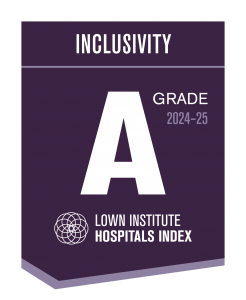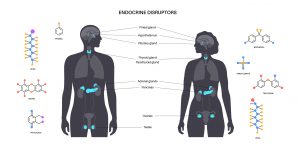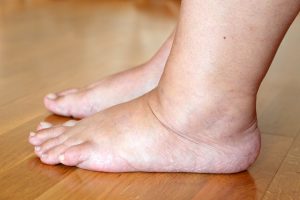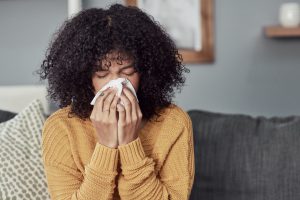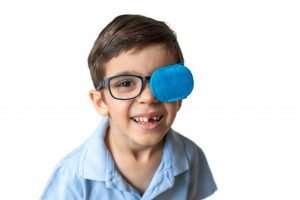 Lazy eye or amblyopia is reduced vision in one eye caused by abnormal visual development early in life. The weaker or lazy eye often wanders inward or outward. Amblyopia generally develops from birth up to seven years old, and rarely affects both eyes.
Lazy eye or amblyopia is reduced vision in one eye caused by abnormal visual development early in life. The weaker or lazy eye often wanders inward or outward. Amblyopia generally develops from birth up to seven years old, and rarely affects both eyes.
Signs and symptoms of lazy eye include:
- A wandering or crossed eye
- Eyes that appear not to work together
- Poor depth perception
- Squinting or shutting an eye
- Head tilting
- Abnormal results of vision screening tests
It is important to note that some children display no symptoms of amblyopia. The child’s strong eye and brain can compensate for the weaker eye, making it appear that the child has good vision. Over time, the brain gets used to working with only one eye. The eye that’s being ignored by the brain doesn’t develop normal vision.
There are three main causes of amblyopia, including:
- Strabismus- which occurs when a child’s eyes aren’t aligned. The eyes don’t work together, leading the brain to ignore one eye
- Refractive error or need for glasses- children are especially at risk if one eye has a larger need for glasses compared to the other eye
- Conditions that cause poor vision in one eye, like cataracts or droopy eyelid, prompt the brain to ignore the blurry pictures seen by that eye
Additional factors that can place a child at a higher risk for amblyopia, include:
- A family history of amblyopia
- Prematurity
- Developmental delay
- Craniofacial disorders
- Certain genetic conditions, such as:
- Down syndrome (trisomy 21)
- 22q deletion syndrome
- Williams syndrome
- Noonan syndrome
Vision screening is the best way to diagnose amblyopia and its risk factors. Photoscreening, a type of vision screening that uses a special camera to determine how well a child can see, is often performed in conjunction with vision testing.
Treatment options depend on the cause of lazy eye and how much the condition affects your child’s vision. Treatment your doctor may recommend include:
- Corrective eyewear
- Eye patches
- Bangerter filter
- Eye drops
- Surgery
Treatment while your child is young and the eyes are still developing, gives them a better chance of overcoming amblyopia. The goal is to make your child’s brain use both eyes. Getting the eyes to work as a team becomes harder as your child grows. Therefore, early treatment is best. Treatment may not work if started after seven to ten years of age.
If your child is experiencing symptoms of lazy eye, schedule an appointment at Jamaica Hospital Medical Center’s Ophthalmology Center now by calling (718) 206-5900.
All content of this newsletter is intended for general information purposes only and is not intended or implied to be a substitute for professional medical advice, diagnosis or treatment. Please consult a medical professional before adopting any of the suggestions on this page. You must never disregard professional medical advice or delay seeking medical treatment based upon any content of this newsletter. PROMPTLY CONSULT YOUR PHYSICIAN OR CALL 911 IF YOU BELIEVE YOU HAVE A MEDICAL EMERGENCY.


